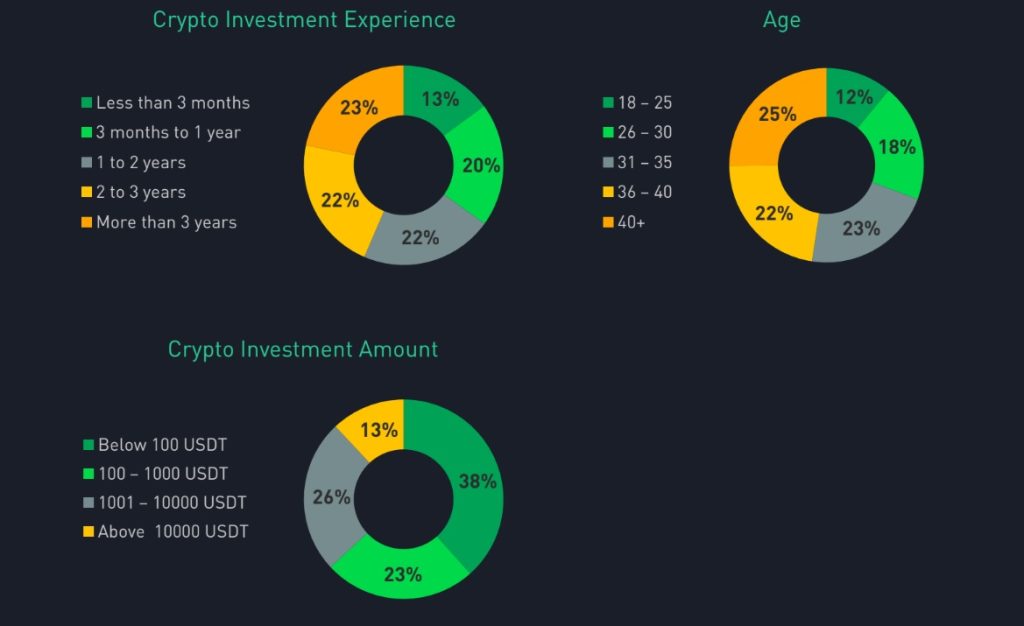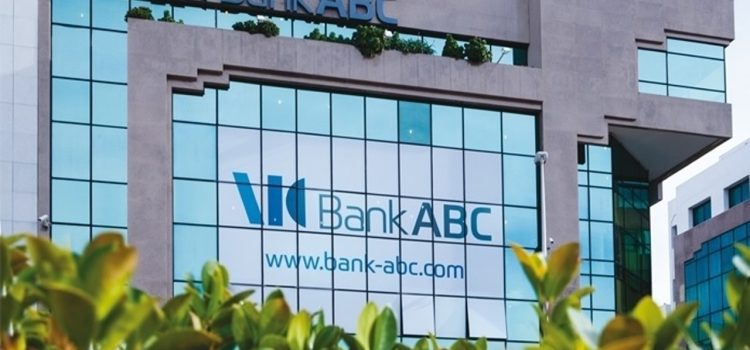
The Central Bank of UAE, and the Central Bank of Seychelles have signed two MOUs (Memorandum of Understanding), to utilize local currencies in settling cross border financial and commercial transactions, with the aim of extending this to CBDCs (Central Bank Digital Currencies).
As per the press release, His Excellency Khaled Mohamed Balama, Governor of the Central Bank of the UAE (CBUAE), and Ms. Caroline Abel, Governor of the Central Bank of Seychelles (CBS), signed today in Abu Dhabi two Memorandums of Understanding (MoU) regarding enhancing the use of local currencies in settling cross-border financial and commercial transactions, and interlinking payment and messaging systems between the two countries.
The first MoU aims to establish a framework to promote the use of local currencies in settling bilateral commercial transactions, developing the exchange market and to facilitate bilateral trade and direct investment, remittance settlement, and financial market development.
Under the second MoU, both parties will consolidate cooperation and mutual benefit from the services of instant payment platforms, electronic switches and messaging systems, by directly linking them in accordance with the regulatory requirements in the two countries.
This includes interlinking the Instant Payments Platform (IPP), which the CBUAE is developing within the Financial Infrastructure Transformation Program, and the similar platform in the Republic of Seychelles, and between systems and electronic switches to facilitate mutual acceptance of local cards and processing their transactions, in addition to exploring the possibility of linking messaging systems and cooperation in the field of FinTech and Central Bank Digital Currencies.
His Excellency Khaled Mohamed Balama, Governor of the CBUAE, commented, “The signing of the Memorandums of Understanding reflects the Central Bank’s keenness to expand its relations with regional and international counterparts, to enhance UAE’s economic and commercial partnerships globally. The use of the two countries’ currencies for cross-border financial and commercial transactions reflects the growing trade, investment, and financial cooperation and contributes to reducing costs and saving time in settling transactions. This helps in developing the foreign exchange market in the UAE dirham and the Seychellois rupee, leading to enhancing trade exchanges, investments, and remittance between the two countries”.
Ms. Caroline Abel, Governor of the CBS, added “For small open island economies like Seychelles, the importance of an effective and efficient financial system to facilitate trade cannot be overemphasised. The agreement to develop and gradually implement the necessary framework to promote the use of our respective national currencies, the UAE Dirhams and the Seychelles Rupees, in cross-border transactions can further facilitate trade relations between stakeholders across the two jurisdictions. With the Central Bank of Seychelles spearheading efforts to modernise and develop the Seychelles national payment system, in line with the Government’s digital economy agenda, the opportunity to collaborate on interlinking our payment and messaging systems will facilitate the processing and settlement of cross-border financial transactions between the two countries. We look forward to learning from the experiences and expertise of the Central Bank of the UAE as we endeavour to keep pace with developments within the global payment landscape and further leverage technology and innovation for more seamless processing and settlement of payments, including cross-border payments.”
This comes a day after, the CBUAE and the Central Bank of Indonesia signed an MOU to establish a framework to enhance bilateral cooperation in the area of payment systems.
His Excellency Khaled Mohamed Balama, Governor of the CBUAE, said: “This MoU embodies the growing economic partnership between the UAE and Indonesia. It is an important pillar which seeks to support bilateral relations in the fields of trade and investment and enhance the UAE’s role in global trade. Today, we are presented with an important opportunity to bolster our cooperation with Bank Indonesia across all financial and banking fields, including financial technology, innovation, and digital payments. This reinforces our wider efforts to support the UAE’s objective of becoming a leading global hub for financial technology and digital and cross-border payment solutions.”

















